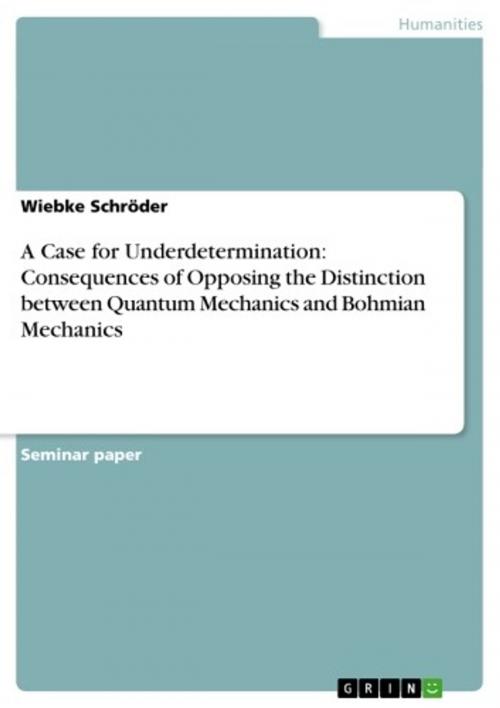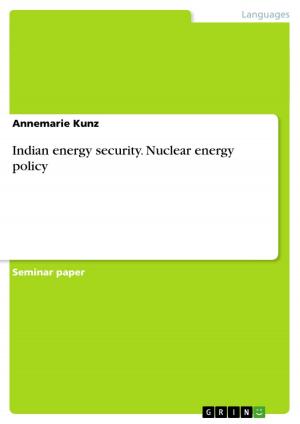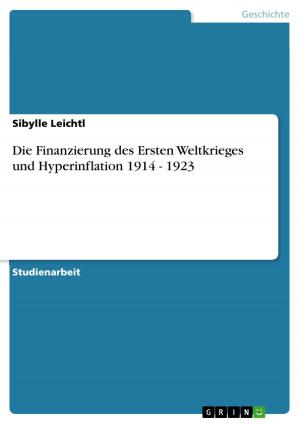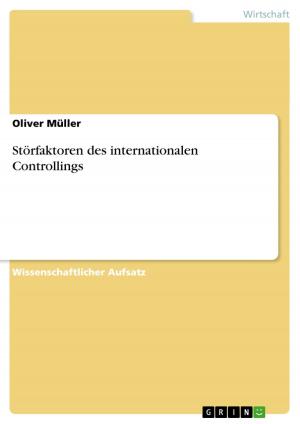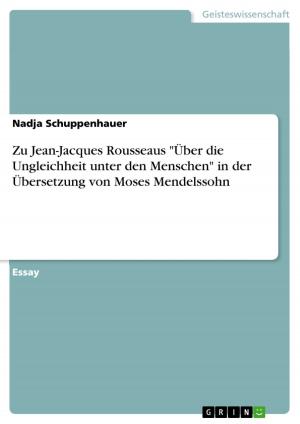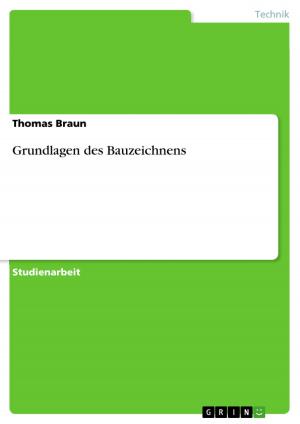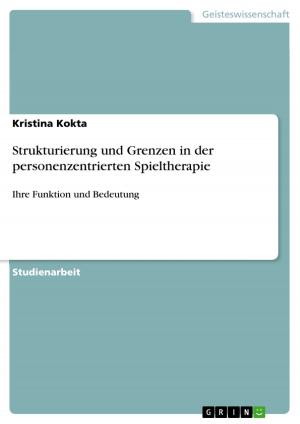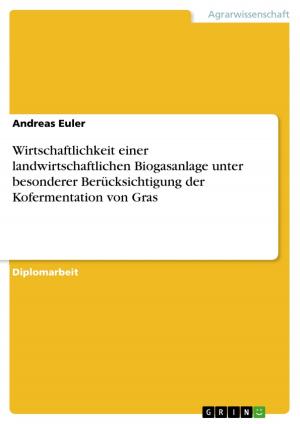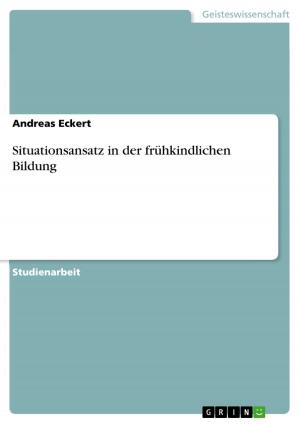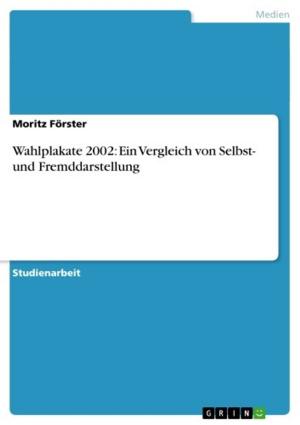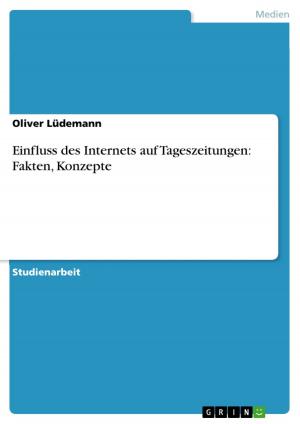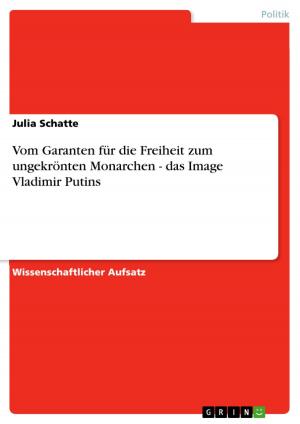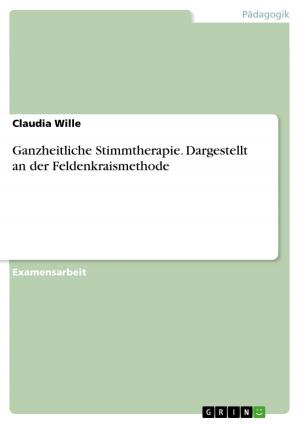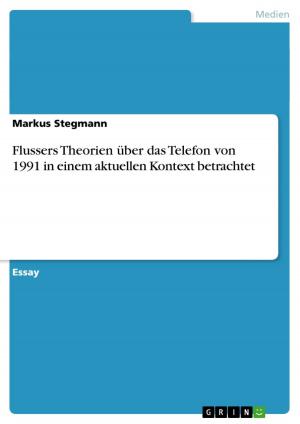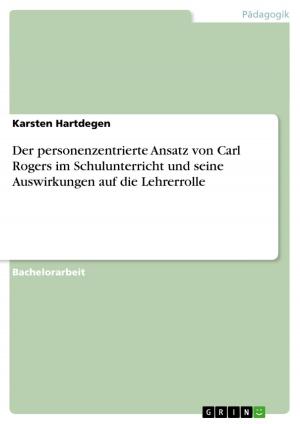A Case for Underdetermination: Consequences of Opposing the Distinction between Quantum Mechanics and Bohmian Mechanics
Nonfiction, Religion & Spirituality, Philosophy| Author: | Wiebke Schröder | ISBN: | 9783656392781 |
| Publisher: | GRIN Verlag | Publication: | March 18, 2013 |
| Imprint: | GRIN Verlag | Language: | English |
| Author: | Wiebke Schröder |
| ISBN: | 9783656392781 |
| Publisher: | GRIN Verlag |
| Publication: | March 18, 2013 |
| Imprint: | GRIN Verlag |
| Language: | English |
Seminar paper from the year 2011 in the subject Philosophy - Theoretical (Realisation, Science, Logic, Language), grade: A, Indiana University (History and Philosophy of Science), course: Demons in Physics, language: English, abstract: In his article Must Evidence Underdetermine Theory? John D. Norton attempts to refute a certain version of the underdetermination thesis. He attacks the idea that all evidence necessarily underdetermines any scientific theory. In the first part of this paper, I want to call into question part of his argument in some general terms and then focus on a particular case of possible underdetermination, namely Quantum mechanics (QM) and Bohmian mechanics (BM), in order to strengthen my criticism of Norton. Norton himself does not take sides in the debate over the question whether or not QM and BM are essentially the same theory, but says the possibility that they are cannot be ruled out. I will show that Norton, both in his general argument as well as in his judgment in the 'QM/BM case', takes a certain notion of theory for granted that his opponents would not agree with. In addition, I will investigate further consequences resulting from his position. This part makes up the bulk of my paper. In a second part I attempt to refute Norton on his own grounds. That is, on the basis of his idea of what a theory is, I will show that one can preclude the possibility that QM and BM are the same theory. To be clear: This paper is not a defense of the underdetermination thesis, but rather a critique of Norton's attack.
Seminar paper from the year 2011 in the subject Philosophy - Theoretical (Realisation, Science, Logic, Language), grade: A, Indiana University (History and Philosophy of Science), course: Demons in Physics, language: English, abstract: In his article Must Evidence Underdetermine Theory? John D. Norton attempts to refute a certain version of the underdetermination thesis. He attacks the idea that all evidence necessarily underdetermines any scientific theory. In the first part of this paper, I want to call into question part of his argument in some general terms and then focus on a particular case of possible underdetermination, namely Quantum mechanics (QM) and Bohmian mechanics (BM), in order to strengthen my criticism of Norton. Norton himself does not take sides in the debate over the question whether or not QM and BM are essentially the same theory, but says the possibility that they are cannot be ruled out. I will show that Norton, both in his general argument as well as in his judgment in the 'QM/BM case', takes a certain notion of theory for granted that his opponents would not agree with. In addition, I will investigate further consequences resulting from his position. This part makes up the bulk of my paper. In a second part I attempt to refute Norton on his own grounds. That is, on the basis of his idea of what a theory is, I will show that one can preclude the possibility that QM and BM are the same theory. To be clear: This paper is not a defense of the underdetermination thesis, but rather a critique of Norton's attack.
